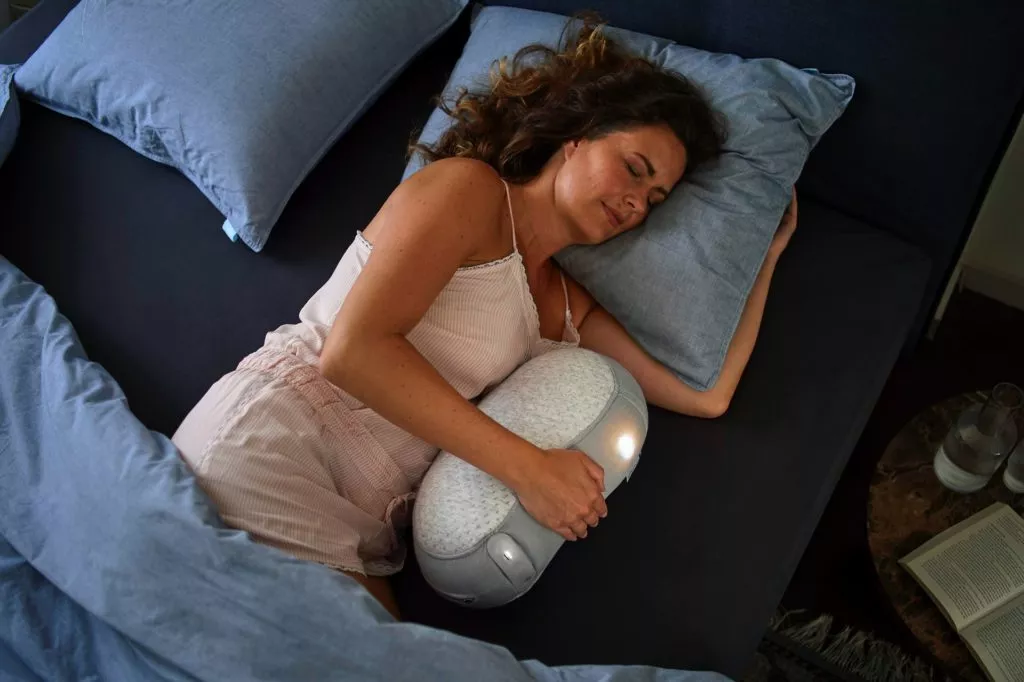Seep is just as important as food for the human body. Unfortunately, many people seeking success tend to relegate sleep to the backstage and only give in when they get a “brain freeze.”
While cutting down on your hours of sleep may seem to help you achieve your goals faster, continued sleep deprivation produces a negative effect. If you are keen on knowing how sleep deprivation can affect you and your productivity, this post is an excellent read for you.

Effects of sleep deprivation
The average adult requires, on average, seven to nine hours of sleep per day. So before you think of setting your alarm hours earlier, it is essential to understand how that decision will affect your life. The effect sleep deprivation can have on a person’s productivity, and health depends on the length of time the person goes without sleep.
For instance, working 24 hours, no sleep, and no breaks can adversely affect your next day’s performance. Research shows that persons that go for 24 hours without sleep episodes are irritable, feel lousy and tired, and exhibit significant cognitive impairment equal to having a blood alcohol content (BAC) of 0.10%.
If a person makes it to 72 hours without sleep, a lot will be at stake. They will be struggling with processing information, heightened anxiety, neuro-inflammation, hallucinations, and a host of other body function limitations, including reduced immunity.
Sleeping habits of successful CEOs
Success comes with responsibilities. It follows that prominent business people and CEOs may need to dedicate more hours to work than ordinary people.
Sometimes cutting down on sleep could be necessitated by workload. At other times, the workload becomes a source of stress, resulting in sleep loss. Below are some of the most successful CEOs and their sleeping habits.
Tim Cook
Many people believe starting the day early enough is an excellent way of increasing productivity. Tim Cook, the CEO of Apple, is one such person. According to sources close to him, he ends his day at 9:30 pm and wakes up at 4:30 am, meaning he gets roughly 7 hours of sleep daily.
He dedicates the first hours of his day going through Apple users’ comments which, according to him, lets him focus on the people that matter to the company.
Elon Musk
Despite the many companies under his name, Elon Musk sleeps an average of seven hours a day. You would expect that he’d need a longer than a 24-hour day with so much on his plate.
While on The Joe Rogan Experience, Musk admitted to having tried working longer hours but discovered working longer hours compromised his productivity. His typical day ends at around 1 am to 2 am, including weekends when there is much to do.
Bill Gates
Bill Gates is among the CEOs that understand the science of sleep and how sleep deprivation can affect a person’s health and productivity. But it didn’t start this way. In the initial phases of Microsoft, Gates confessed in his blog to having pulled all-nighters regularly, especially when the company had to release new software.
Currently, Gates ensures that he gets 7 hours’ worth of sleep per day and compensates with daytime naps for any deficits.
Jeff Bezos
Like Bill Gates, Jeff Bezos, the Amazon CEO, takes his sleep very seriously. According to Bezos, getting eight hours of sleep ensures that he’s in the best state of mind when making critical business decisions.
When speaking to Thrive Global in a 2016 interview, Bezos said eight hours of sleep makes a huge difference for him.
Marissa Mayer
All CEOs mentioned above exercise a relatively healthy sleeping habit. But not all CEOs go by the same mantra. A good example is Yahoo CEO, Marissa Mayer.
According to sources close to Mayer, this woman works long hours and only gets four hours of sleep a day. However, she tries to compensate for sleep deprivation by taking week-long vacations every four months.
Tom Ford
Tom Ford may not be a familiar name for people that do not have an interest in the fashion world.
Ford, the chairman of the Board of the Council of Fashion Designers of America and a former at Yves Saint Laurent and Gucci, has a reputation for sleeping for as few as three hours a day.
Tim Armstrong
Armstrong, AOL’s CEO, wakes up at 5 am and is out of the house by 7 am every morning. His workday starts in his car at 7 am and ends in the office at 7 pm. Earlier, his working day could start with sending out emails immediately he stepped out of bed.
Currently, he tries his best to restrain himself till seven. In an interview with the Guardian, Armstrong said he tries to get six hours of sleep every day but often does with less.
Jack Ma
Jack Ma is among the group of CEOs who believe in the power of sleep to maintain a sharp focus in business. According to the CEO of Alibaba, the china based e-commerce giant, he doesn’t allow worries and stress to deny him a good night’s sleep.
In his 2019 World Economic Forum speech, Ma said that nothing keeps him awake at night. When addressing the forum, Ma said staying awake doesn’t mean problems will disappear, but getting a good night’s sleep can guarantee a chance of fighting another day. On average, Ma sleeps six to seven hours a day.
Arianna Huffington
Arianna Huffington, the co-founder of the Huffington Post, lives with the scars associated with sleep deprivation. In her 2010 TED Talk dubbed “How to Succeed? Get More Sleep,” Huffington narrated how sleep deprivation led to her collapsing in the office, hitting her head on the desk, and suffering a broken cheekbone.
During an interview at CNBC, Huffington said that the notion of working oneself out as the means of succeeding is a delusion. Since her sleep deprivation incident, Huffington ensures that she gets 8 hours of sleep every day.
Going by the sleeping habits of some of the most successful CEOs globally, it is right to say fewer hours of sleep don’t correlate with success. In fact, gradual sleep deprivation over extended periods can increase the chances of early onset of conditions such as Alzheimer’s syndrome.
Also, science shows that getting enough sleep affects a person’s productivity, so go ahead and get yourself some good night’s sleep if you want to operate at your optimum.


